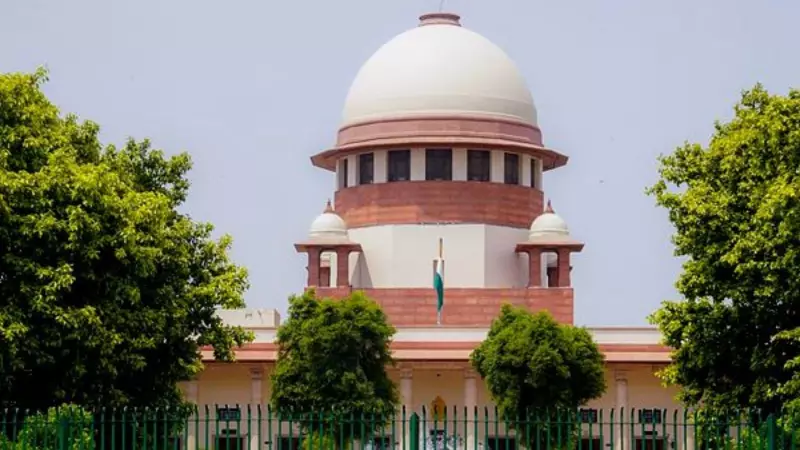
Supreme Court Upholds Judicial Independence in Landmark Tribunal Case
In a significant ruling that reinforces the principle of separation of powers, the Supreme Court of India has struck down key provisions of the Tribunals Reforms Act, 2021. The 2:1 verdict delivered by a bench comprising Chief Justice of India B R Gavai and Justice K Vinod Chandran found that the legislation violated fundamental constitutional principles governing judicial independence.
Legislative Overwriting Without Curing Defects
The court observed that provisions previously declared unconstitutional in an earlier ordinance had been reenacted with minor modifications in the 2021 law. This amounted to what the bench described as "legislative overwriting without curing any defects" and directly contradicted binding judicial precedent.
"Thus, we have held that the provisions of the 2021 act cannot be sustained as they violate the separation of powers and judicial independence principles," the bench stated unequivocally in its judgment. The court emphasized that such legislative action "falls foul" of constitutional requirements and therefore must be struck down as unconstitutional.
Historical Context and Previous Rulings
This landmark decision comes after a series of legal battles between the judiciary and the government concerning tribunal reforms. On July 14, 2021, the Supreme Court had previously invalidated certain provisions of the Tribunals Reforms (Rationalisation and Conditions of Service) Ordinance, 2021.
The contested provisions included the minimum age requirement of 50 years for appointment as chairperson or members of tribunals and the fixed tenure of four years for these positions. Despite this clear judicial position, the government introduced the Tribunal Reforms Bill in August 2021 containing substantially similar provisions.
The current case reached the Supreme Court through an appeal filed by the Madras Bar Association, which challenged the ordinance's provisions, continuing their longstanding legal battle for preserving judicial independence in tribunal appointments and functioning.
Judicial Philosophy: Independence as Lifeblood
The majority verdict, delivered by Justices L Nageswara Rao and S Ravindra Bhat (both since retired), articulated a profound philosophical foundation for the decision. The judgment stated that if "impartiality is the soul of the judiciary, independence is the lifeblood of the judiciary."
The court elaborated that without independence, impartiality cannot thrive, clarifying that judicial independence doesn't mean freedom for judges to do as they please. Rather, it represents "the independence of judicial thought" and "the freedom from interference and pressures which provides the judicial atmosphere where he can work with absolute commitment to the cause of justice and constitutional values."
This ruling represents another chapter in the ongoing discourse between the Supreme Court and the Central government regarding the appropriate balance of power in establishing and regulating tribunals, ultimately reinforcing the judiciary's constitutional position as an independent pillar of democracy.





